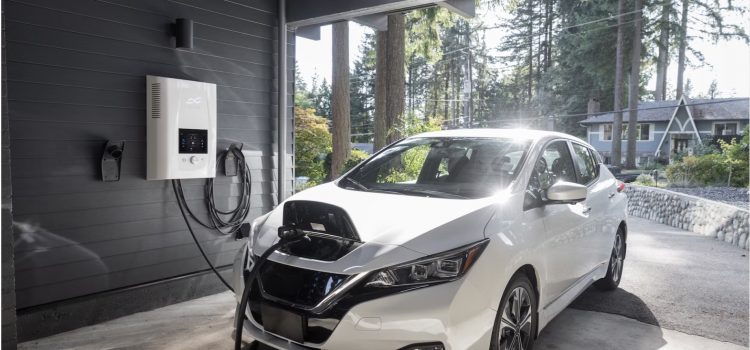

This article is an excerpt from the Shortform book guide to "Numbers Don't Lie" by Vaclav Smil. Shortform has the world's best summaries and analyses of books you should be reading.
Like this article? Sign up for a free trial here.
How do cars contribute to climate change? Can electric cars offset the carbon footprint of gas-powered cars?
The age of the car began on August 12, 1908. This was the day the first Model T was assembled, making cars a much more affordable commodity. The automobile has had an enormous impact on the world but is also a major contributor to carbon emissions.
Let’s look at the numbers behind vehicles to explain why they are so inefficient as a means of transportation and why electric cars won’t save us.
Cars Use Energy Inefficiently
According to Smil, the main reason cars are energy-inefficient is their large weight-to-payload ratio—in other words, the weight of the car versus the weight of the people it’s carrying. This means it takes a huge amount of energy simply to move the car itself, not the passengers in it. For comparison, a Ford F-150, the most popular American car, has a ratio of 32, a bike has a weight ratio of 0.1, and a Vespa scooter 1.6 (for an average-sized human).To make matters worse, in the US, almost three-quarters of Americans commute to work without other passengers, so the weight-to-payload ratio is especially bad. What’s more, the average car size is only increasing, especially with the heavy batteries required for electric cars. And while lighter cars would help, having fewer people drive alone would be the best thing to do to reduce the weight ratio of cars.
(Shortform note: Another factor that adds to the US weight-to-payload problem is the number of US citizens who are overweight. A 2006 study found that the average weight of a US citizen rose 24 pounds from 1960 to 2002. This meant cars were using almost a billion more gallons of gasoline a year due to overweight passengers, or about $2.8 billion annually at $3 a gallon. Interestingly, it seems the amount of driving Americans do could partially cause their overweight problem: A 2012 study found a positive correlation between daily automobile travel and body mass index.)
Electric Vehicles Also Produce Significant Carbon Emissions
According to Vaclav Smil, electric cars won’t save us because they aren’t an effective means of fully displacing carbon just yet. First, since global electricity still mostly comes from fossil fuels, simply powering EVs will continue to be a source of carbon emissions. Further, building the infrastructure for renewable energy takes fossil fuels, so even getting to the point where many people drive sustainably powered EVs will require a lot of carbon, as will producing the EVs. To add to this, EV production also creates about three times as much toxicity as a gas-powered car. This is due to the use of more heavy metals, which are more toxic to both humans and our freshwater sources.
(Shortform note: Studies support Smil’s claim that electric vehicles aren’t as environmentally friendly as advertised. A German study compared the carbon footprints of a Tesla Model 3, a Mercedes that runs on diesel, and a Mercedes that runs on natural gas. They found that the Tesla has the highest carbon footprint per kilometer of driving when taking the cars’ entire life cycle into account. The main reason for this is the carbon cost of the EV’s battery production and recycling.)

———End of Preview———
Like what you just read? Read the rest of the world's best book summary and analysis of Vaclav Smil's "Numbers Don't Lie" at Shortform.
Here's what you'll find in our full Numbers Don't Lie summary:
- How you can understand the world by understanding numbers and statistics
- Why the infant mortality rate is a better indicator of standard of living than GDP per capita
- Why nuclear energy is not the answer to sustainability






